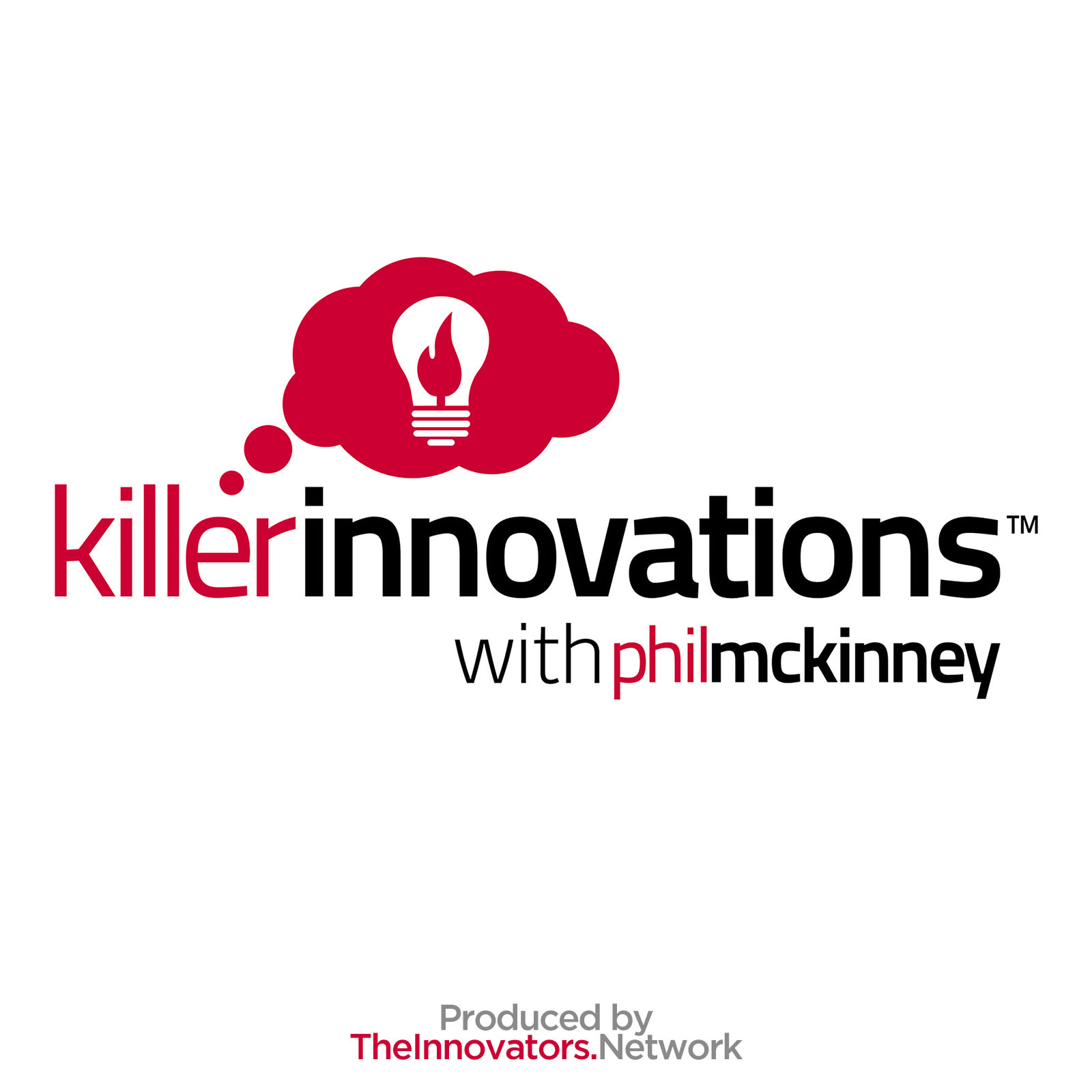

Disruptive Shocks
This week's show is an excerpt from a recent webinar I did on how to survive and thrive during challenging times such as these. At the end of today's show, I will share how you can attend the free webinar series through Zoom, known as Disruptive Shock.
Disruptive Shock
We're currently experiencing what I call a disruptive shock. What is a disruptive shock? It's a sudden upsetting or surprising event or experience that stop things from continuing as usual. COVID-19 is the poster child for a disruptive shock. With the virus spreading quickly, people have been asking me for advice on how to deal with the situation. While this all seems new to some, disruption is always happening. It happens in the form of new technology, new business models, etc.
There are three types of disruptions:
- Operational disruption – this is your normal fluctuation of pricing, etc. Price wars, being short of supply, not being able to meet demand, etc. These can be planned for.
- Competitive disruption – made to get an edge on competition from the outside: like Uber disrupting the taxi industry, as well as Tesla with electric cars, etc.
- Disruptive Shocks – these cannot be anticipated or planned for. SARS, COVID-19, etc.
We're all familiar with things like flooding, earthquakes, fires, etc. Some may have little impact and short-lived, such as a storm hitting a rural town. In the case of COVID-19, it is unique in that its effect is on a global scale. GDP is estimated to be down anywhere from 11-30% in the U.S. In times of economic depression, and we are often told never to start a business. However, during the Great Depression, companies like Disney and HP were started. We as leaders cannot retreat at this time but need to identify those opportunities to better position and create opportunities for ourselves.
My Experience
I've had my fair share of disruptive shocks throughout my career. During the SARS epidemic, I was at HP, and our supply chains were impacted significantly. Our supply chain was not very digitally managed or monitored, and due to the multinational distribution, it was quite a shock. We decided we would never be single-sourced on any key component again and utilized resiliency and flexibility to recover. Then, when the Fukushima tsunami happened, we ran into more component problems. One little spring that was a vital component in laptops was from one manufacture based in the area where the Fukushima tsunami occurred. This missing spring shut down laptop supply for three months, causing us to miss revenue targets. This unfortunate situation taught me to utilize a second-order supply chain.
After Hurricane Katrina happened, I was released from HP with help from the White House to head up recovery efforts in New Orleans around technology and broadband infrastructure. What I learned here was that in hard times competition and politics diminish, and the ability to leverage collaboration can be the difference between life and death.
Here are three main lessons learned from my disruptive shock experiences:
- Take action – This is not a time to push off action. Be willing to course-correct as you learn more about the situation
- Prioritize possible changes – What changes will impact you? How do you prioritize all the things that are going to be disrupting against you?
- Rapid high-ve